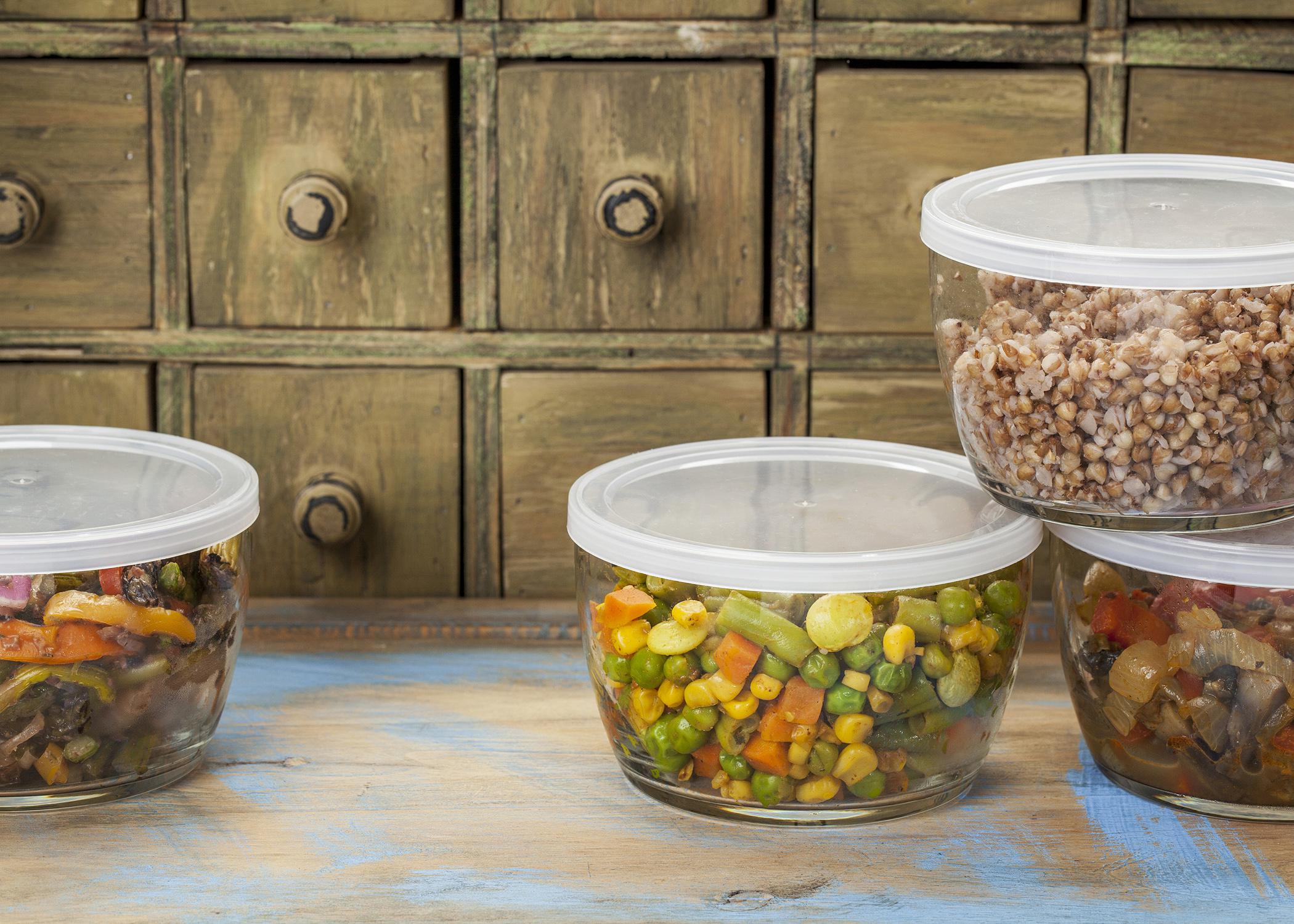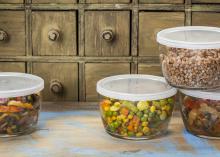Information Possibly Outdated
The information presented on this page was originally released on December 8, 2020. It may not be outdated, but please search our site for more current information. If you plan to quote or reference this information in a publication, please check with the Extension specialist or author before proceeding.
Food safety helps keep holiday events healthy
While Thanksgiving is an obvious food holiday, Christmas also brings numerous opportunities to celebrate with food, and every one of these should be done with care to keep guests healthy.
Byron Williams, state food processing specialists with the Mississippi State University Extension Service, said safety is always a concern any time food is prepared, but it can become a bigger issue when there are lots of leftovers.
“Proper preparations, handling, cooking and leftover precautions are critical steps in food safety at any time, but especially with larger quantities, groups and extended time being spent around the table or with food available while visiting with family and friends,” Williams said.
Hand washing is one of the most important steps in food safety. It comes at the very beginning of the process, but Williams said it is often ignored.
“A recently completed survey of home meal preparers across the U.S. conducted by the U.S. Department of Agriculture’s Food Safety division found that 97% of the survey participants did not attempt to wash their hands during meal prep to prevent cross-contamination,” he said. “Of those who tried, 95% failed to wash their hands properly.”
Proper handwashing before, during and after handling food, especially after handling raw products and before handling cooked or ready-to-eat items, is vital. Proper handwashing means wetting hands with warm water, applying soap and lathering for a minimum of 20 seconds. Be sure to scrub all parts of the hands and fingers, rinse well with warm water and then dry hands thoroughly.
Some people are beginning to understand they should not wash raw meat before cooking it, but many don’t know why this is recommended.
“Washing raw meat only increases the chances of spreading harmful bacteria to other surfaces or foods in the sink and kitchen area,” Williams said. “Be sure to wash hands thoroughly and sanitize any utensils that contacted raw meat, poultry or fish before touching anything else.”
Avoid cross-contamination by keeping ready-to-eat foods, such as raw vegetables, separate from raw meat, fish and poultry.
Be sure to cook meat to the proper internal temperature, using a good probe thermometer to test it. For any poultry product, that means making sure it reaches an internal temperature of 165 degrees. Ground meats should reach an internal temperature of 160 degrees, while whole roasts, steaks or chops must reach 145 degrees internally and then be allowed to stand for three minutes before serving.
“Always use a calibrated thermometer to check the internal temperature at the thickest part of the product,” Williams said. “For poultry, that is the breast, thigh or center of the ground meat patty.”
While serving or when foods are left out for browsing, keep cold foods cold and hot foods hot, avoiding the food danger zone of 40 degrees to 140 degrees.
“Refrigerate leftovers within two hours from the point of first serving if not kept cold or hot while serving,” Williams said. “Store all cooked product above any raw foods in the refrigerator or cooler. This prevents any juices from the raw products from leaking or dripping onto prepared foods and contaminating them.”
While leftovers from a big holiday feast can make meal prep easy in the coming days, make sure to reheat cooked leftovers thoroughly to 160 degrees before serving them again. Store foods in a refrigerator that can keep the foods below 40 degrees.
“Do not use properly chilled leftovers more than 4 days past when they were first cooked,” he said. “If there’s ever any doubt about the safety of food, throw it out. Keep foods clean, cold and covered.”
Food safety isn’t the only way to keep family and friends healthy this holiday season.
David Buys, Extension state health specialist, encouraged everyone planning celebrations to rethink their traditions and celebrate differently in 2020.
“This year is one for the record books, and our holiday gatherings should be no different,” Buys said.
He encouraged party planners to leverage technology and don’t forget a simple phone call to make up for smaller gatherings.
“Changing our great traditions among our families and friends is hard, but if we want to live to see the next holiday season and resume those traditions, taking those difficult steps of re-organizing how we do things this year is our best bet,” Buys said.








